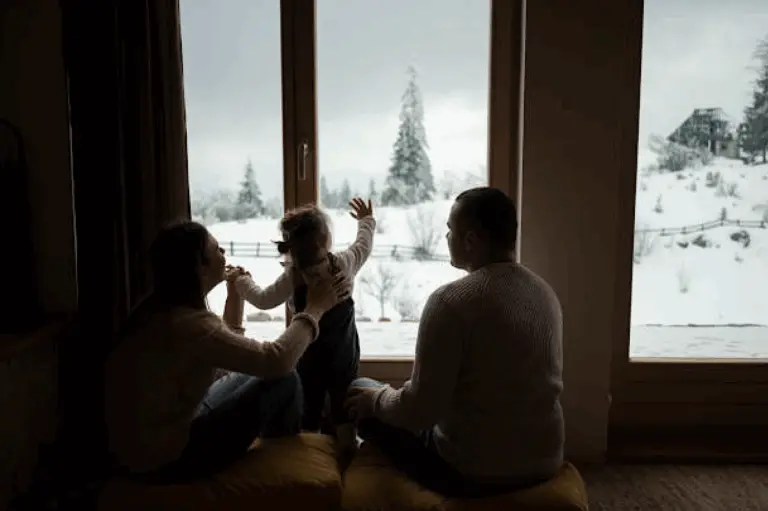By Edward Horstmann
The verb “to seek” was important to Jesus. It appears in one of his first sayings: “Seek first the kingdom of God.” Churches often spend a lot of time developing catchy taglines. Maybe we could just use the one Jesus provided.
Later in his life, Jesus brought a sharper focus to those words: “The Son of Man (referring to himself) came to seek and save the lost.” But what exactly did he mean when he used that word, lost? Based on my reading of his interactions with people, I would say that he saw as lost those who were living without a guiding sense of purpose or calling. When we say, “I’m feeling lost these days,” we are describing how it feels to live without a satisfying direction for our lives. Jesus also interacted with people who may have felt lost because they had no one to turn to for help, or were estranged from loved ones, or who had lost contact with a sense of wonder and curiosity. Any one of us might feel lost when we find ourselves separated from the flourishing life that God intends for us.
The verb “to seek” was also important to a man named Zacchaeus. At the time of Jesus, he was a chief tax collector and would have been despised. That is because his livelihood depended on his willingness to collaborate with the Roman government. Worse yet, not only did he collect taxes for Rome, but would have taken for himself an additional fee. Clearly, he was a seeker: accumulating wealth for himself at the cost of social isolation. It is doubtful that his work would have brought him much joy.
One day Zacchaeus learned that Jesus was coming to his town, Jericho. The story says that because he was short of stature, “he climbed a tree because he sought (there’s that word again) to see who Jesus was.” It seems that Zacchaeus wanted to know what made Jesus Jesus. What was there about this man that made people want to follow him?
Spiritual growth often begins with a spirit of curiosity. Even if we’ve been on some form of religious journey for most of our lives, and the trail has gone cold, we can begin again by refreshing that sense of wonder. As Biblical scholar, Marcus Borg, used to say: “We can meet Jesus again as if for the first time.”
So Zacchaeus climbed a tree, bringing his curiosity about Jesus with him, and then something unexpected happened while he looked out at the crowd from his perch. The man about whom he was so curious turned out to be seeking him! Jesus stood at the base of the tree, looking up at him.” Get down,” said Jesus. “Because I must eat at your house today!” There they were: two men, vastly different from one another, caught up in a spirit of reciprocal curiosity.
If those in Jericho doubted that a collaborating tax collector could become one of the town’s leading philanthropists, they had to reconsider their limiting beliefs. Because, as Willie Dwayne Francois, a teacher at Union Theological Seminary, points out, sometimes people are revolutionaries, but all of us can be evolutionaries. Thanks be to God, we can become wiser, if we’re open to seeking new wisdom. We can be inspired by stories from our varied religious traditions, and become more compassionate, more open to the Spirit, less judgmental, more interested in the way that God wants things to go.
Because of the meeting between Jesus and Zacchaeus, all of Jericho got to see the tax collector in a new light. Not as a person focused on gaining wealth but on giving it away, not as an isolated collaborator, but a community developer. Just imagine the joy in Jericho when Zacchaeus began investing in the community’s most vulnerable people. He may have been short of stature, but in terms of generosity, he was a giant.
Zacchaeus went out on a limb to see who Jesus was, and we might say that Jesus went out on a limb to see who Zacchaeus was. There was a risk in that for Jesus. He was admired by many, and to hang around a guy like Zacchaeus could have tarnished a beautiful reputation. But Jesus could have cared less about his reputation. What did matter to him was that Zacchaeus was in need of being found and finding his way toward a life that was good for him and those around him.
When we go out on a limb to seek God or find out more about those whose politics differ from ours, or take a stand for justice, I think we’ll find God waiting for us, too. Waiting to welcome us into a greater wholeness and holiness and helping us to see how we can touch the world with hope. Then we’ll see clearly why Jesus said, “I have come to seek and save the lost.”




